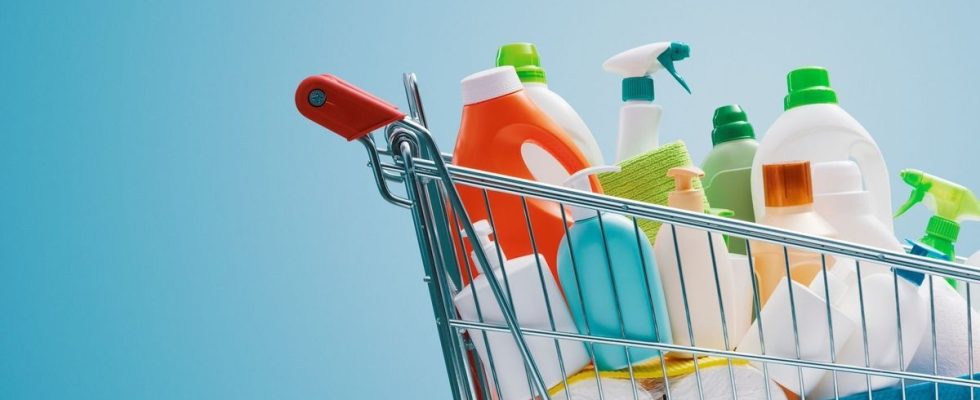Published on
Updated
Reading 2 min.
Hygienic insecurity is becoming more and more widespread and half of French people say they need to reduce their consumption of hygienic products, such as toothpaste, soap and even menstrual protection. Discover the worrying percentages shared by an Ifop study.
Faced with the increasing cost of living, the deterioration of the quality of life is accelerating in France. A barometer produced by the IFOP for the association “Solidarity Donations”, highlights alarming figures concerning hygiene and precariousness in France, which, moreover, continue to increase. Thus, half of French people would be forced to reduce their consumption of hygiene products, while they were not “one” third last year. Here are the products they deprive themselves of the most, as well as the main victims of inflation.
These hygienic products that the French are ignoring
Faced with rising prices, the French are increasingly doing without certain hygiene products. At the top of the list, we find deodorant which suffers an abstention of 16%. Next come: shampoo (12%), toothpaste (10%) and toilet paper in fourth place (9%).
Furthermore, hygienic insecurity also forces certain families to carefully monitor their consumption of hygiene products. While 28% of French people would control their use of shower gel and shampoo in 2023, 41% of French people will now do so.
The study in question reveals that people in France are increasingly forced to choose between purchasing a food product or a hygiene product. Some would even avoid “to see loved ones or do sports due to lack of hygiene products”. This type of behavior becomes “a reality that is becoming established in the daily lives of the French”.
Young people and women are particularly affected
The 18-24 age group is the most affected by poor hygiene. Among them, 41% force themselves to make a choice between meals and hygiene. A quarter of these young people also say they renew their toothbrush very infrequently. In total, a third of these young people suffer from stress and anxiety, linked to poor hygiene.
For women, menstrual poverty is proving to be a worrying problem. In fact, 16% of them admit to not being able to buy protection for themselves or their daughter. 11% sometimes even resort to unsuitable products, such as paper napkins or tissues, as substitutes.
